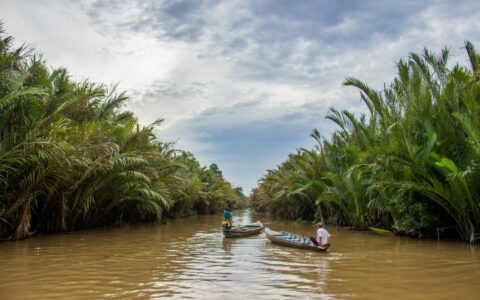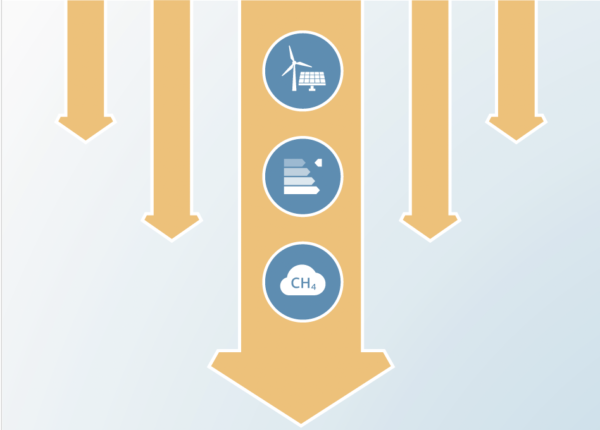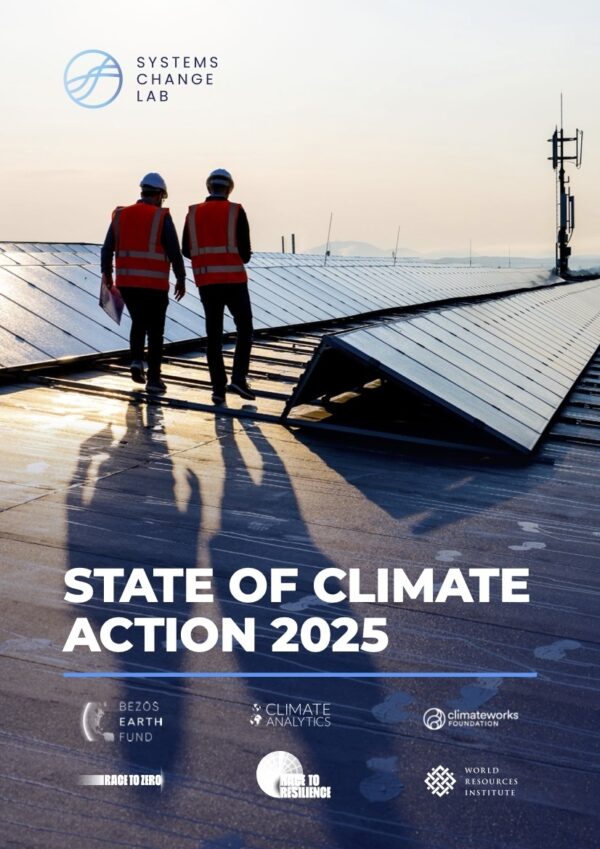The impact of global climate pledges on national action: a snapshot across Asia
Authors
Thomas Houlie, Samuel Gueret, MJ Mace, Agathe Aslanides, Nandini Das, Ling Lao, Yvonne Deng, Michiel Schaeffer
Share

Alongside the formal climate commitments governments make under the Paris Agreement, recent Conferences of Parties (COPs) have seen a rise in voluntary international cooperative initiatives and sectoral pledges, signed onto by governments.
The effectiveness of these initiatives and pledges in advancing global climate action hinges on two factors: their ambition, and Parties’ accountability for their implementation.
In this report, we have taken five of those initiatives, and looked at how - and whether - they are being implemented in eight Asian countries: Indonesia, Japan, Malaysia, the Philippines, Singapore, South Korea, Thailand and Viet Nam, selected due to their economies' heavy reliance on fossil fuels and their participation in an array of voluntary initiatives.
The initiatives are: the Coal to Clean Power Statement, the Just Energy Transition Partnership, the Energy Transition Council, the Global Pledge on Renewables and Energy Efficiency, and the Global Methane Pledge.
These discussions are timely: as the window to limit warming to 1.5°C narrows, the 2025 deadline for the next round of NDCs, which must include targets for 2035, is an opportunity to raise ambition. With 2030 as an intermediate checkpoint, 2035 as a medium-term target and 2050 as the horizon for net zero for many countries, this triple timeline will let governments ensure the continuity of their policy framework.
This update also gives policymakers a chance to incorporate recent technological and social advancements in energy and climate transitions, particularly for countries which have not updated their NDCs since 2021, as well as accounting for the GST outcomes, which assess collective progress towards long term goals, as a guide to strengthen their NDCs.
The eight focus countries reviewed in this report are all in a position to contribute to closing the gap between their NDC commitments and Paris Agreement targets. Successful implementation of their energy sector pledges can accelerate the transition to clean energy sources and avoid locking-in more fossil fuels in their energy systems.
While Japan, South Korea, and Singapore may have the capacity to strengthen their NDCs independently, the other countries will (partly) require international financial support to enhance their commitments.
Country factsheets:
Below, download a detailed analysis of each of the eight focus countries that looks at how they are progressing on renewables, coal, energy intensity, methane - and the JETPs.
Download full report, methodology and data below






















